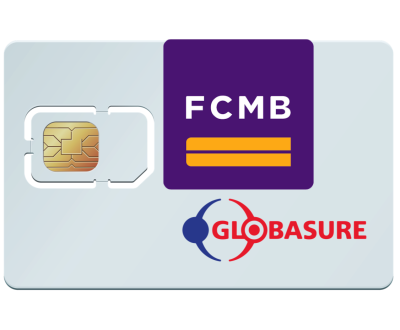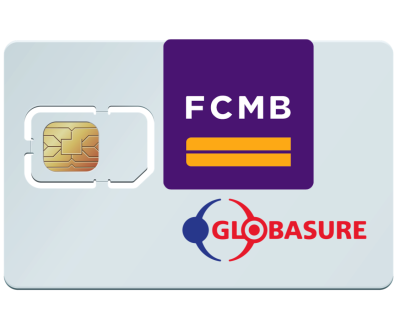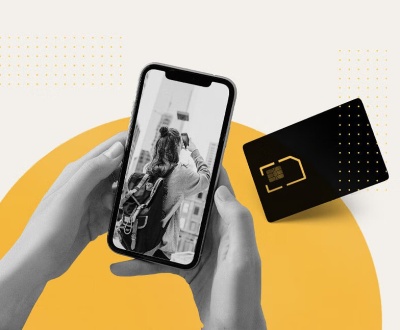Bank customers in the Federal Capital Territory (FCT) are still grappling with the Central Bank of Nigeria (CBN’s) cashless policy, which commenced Monday. The other states where the initiative commenced Monday were Rivers, Kano, Anambra, Ogun and Abia.
Globasure News Updates(GNU) findings in the FCT showed that some bank customers still brought third party cheques with amounts above prescribed limit of N150,000 for withdrawal in banks. But they were asked to make some amends before such could be honoured.
At most of the banks visited, the customers were referred to the Automated Teller Machines (ATMs) for withdrawals, which showed that they were not fully aware of the new policy.
A first generation bank director, who spoke on condition of anonymity, told Globasure News Updates(GNU) that although the new rule on third party cheque had been introduced a few weeks ago, other components of the cashless policy as regards withdrawal limits were being put into full force by banks in the FCT.
But a bank customer told (GNU) that the policy tends to slow down transactions as well as cause great inconvenience in payment schedule. Another bank staff member, who did not want his name to be published, also said none of the bank’s customers has so far made complaints regarding the policy.
“However, it remains to see if the policy works proper in the FCT given the challenges of absence of ATMs in strategic locations as well as unavailability of electronic payment channels in most business centres. This is coupled with the fact the ATM downtime is generally high at weekends across the FCT and its environs due largely to power failure and technology glitch,” the source added.
The CBN had introduced the policy in Lagos last year January and said it decided to extend it to other states due to the success recorded in Lagos. The policy prescribes daily cash withdrawals /lodgment of N500,000 for individuals and N3 million for corporate bodies.
Although not aimed at eliminating cash transactions totally, it however, seeks to reduce the amount of physical cash circulating in the economy. It also aims to encourage the use of electronic-based transactions for payment for goods, services, transfers.
The CBN believes the development and modernisation of the country’s payment system is in line with Nigeria’s vision 2020 aspiration to become one of the top 20 economies by size of Gross Domestic Product (GDP) by 2020. The policy seeks to curb some of the negative consequences associated with the high usage of physical cash in the economy and drastically cut the high cost of currency management which had impacted on lending rates.
Globasure is a provider of simple, smart payment solutions.
More from our blog
See all postsRecent Posts
All Website Tags
Leave a Comment cancel
This site uses Akismet to reduce spam. Learn how your comment data is processed.








 WhatsApp us
WhatsApp us